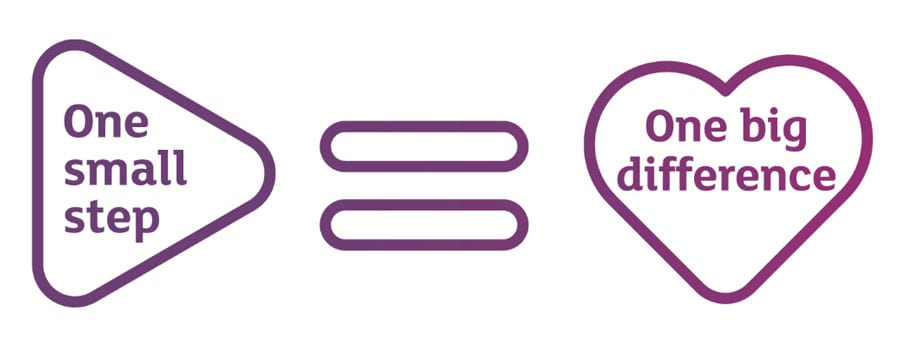North Coast Primary Health Network is excited to be partnering with the Cancer Institute NSW as part of their One Small Step – One Big Difference project, aiming to support the North Coast community by providing further help to patients who smoke through referral to the NSW Quitline.
Despite the significant reduction in smoking rates across NSW, tobacco remains the largest cause of preventable disease and death in NSW with over 47,000 people hospitalised and nearly 5,500 deaths attributed to smoking each year.
Of particular concern are the smoking rates of high-risk populations, including:
- Pregnant women
- People at socio-economic disadvantage
- People who live with mental health conditions
One in 12 pregnant women and one in five people with the highest socio-economic disadvantage smoke. People with a mental health issue are twice as likely to smoke as people without, and despite being as ready to quit, they are less likely to have access to cessation resources and treatment.
Smoking is also a significant risk factor for developing diabetes. Research has shown that the risk of developing type 2 diabetes is 30-40% higher for active smokers than non-smokers, with second-hand smoke also associated with higher risk.
In addition, many clinical and experimental studies found significant associations between cigarette smoking and impaired glycaemic control and diabetic complications (microvascular and macrovascular).
Smokers with type 1 diabetes in particular may have a higher risk of developing kidney disease, and possibly eye and nerve damage, whereas smokers with type 2 diabetes are more likely to increase their risk of coronary heart disease, stroke and peripheral vascular disease.
As a health professional, you can play a part in making one big difference this National Diabetes Week by simply referring our patients who smoke to the NSW Quitline.
The NSW Quitline is a free, evidence-based service that can help you further support patients at risk of tobacco-related disease and can double their chances of quitting smoking successfully.
Making a NSW Quitline referral is simple, with easily accessible resources that you can complete in a matter of minutes. The Cancer Institute NSW has launched a new online referral form and, where consent is provided, feedback from NSW Quitline can keep referrers more closely connected to the progress of their patients.
A NSW Quitline referral is a small step that can make a big difference to the health and lives of your patients, and help reduce preventable tobacco-related disease in our community.
Visit www.cancerinstitute.org.au/quitline-referral for more information.

Learn more via HealthPathways:
For a list of all localised pathways see:
Mid and North Coast Localised Pathways
Username: manchealth
Password: conn3ct3d



